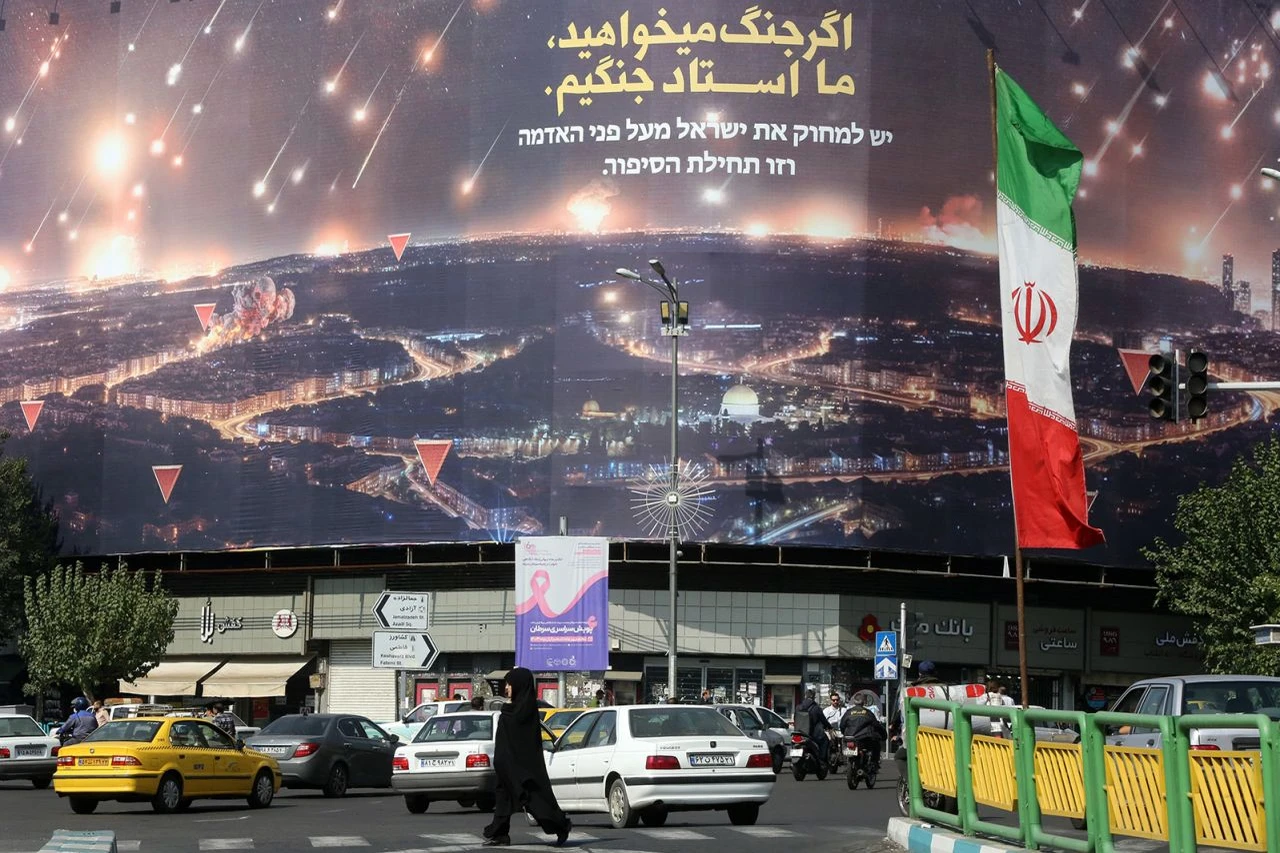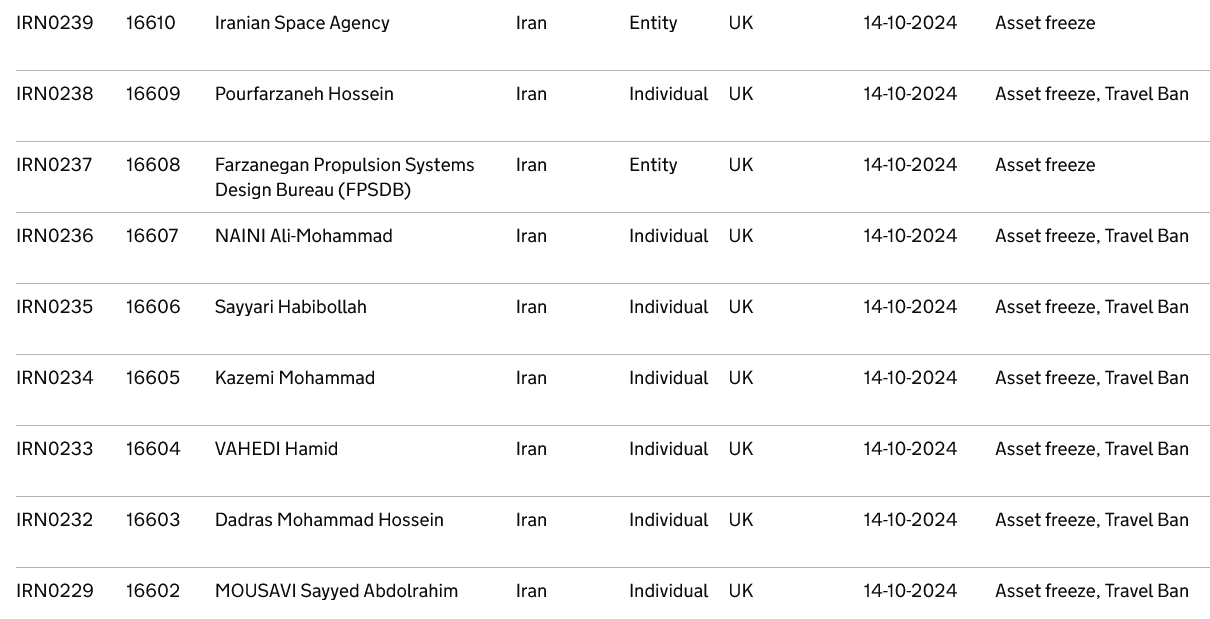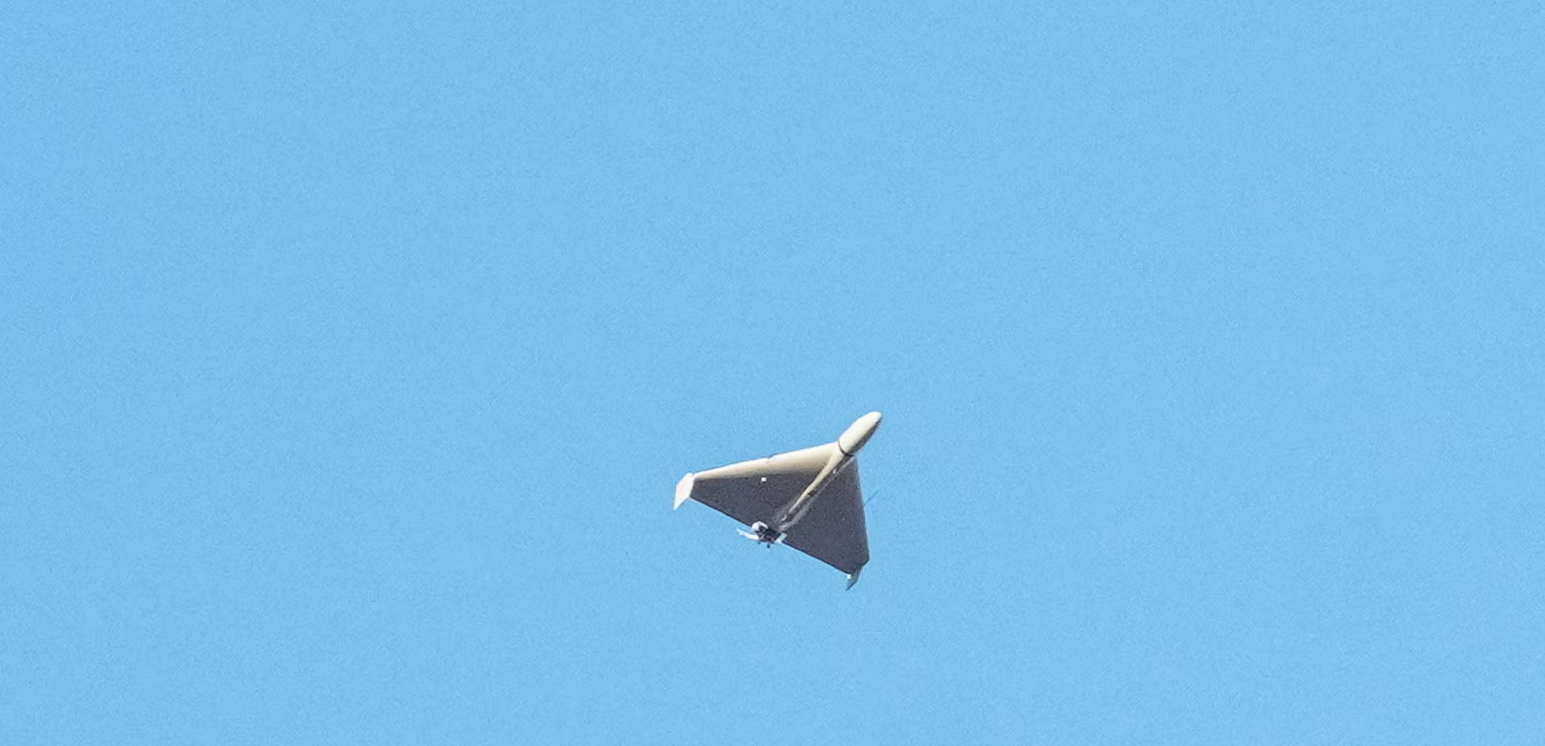UK and EU impose sanctions on Iran
 People walk on the streets of Tehran, Iran, where Iranian flags and Hezbollah banners are seen, on October 9. (Fatemeh Bahrami/Anadolu/Getty Images)
People walk on the streets of Tehran, Iran, where Iranian flags and Hezbollah banners are seen, on October 9. (Fatemeh Bahrami/Anadolu/Getty Images)
Britain imposed sanctions on several Iranian individuals and organizations on Monday in response to Iran’s missile attack on Israel on Oct. 1, according to the U.K. Foreign Office.
The sanctions target senior military personnel in Iran’s army and air force, as well as organizations involved in the development of ballistic and cruise missiles. The move follows reports of increased Iranian support for Russia in the ongoing war in Ukraine.
EU sanctions target Iran’s missile proliferation to Russia
The European Union also announced sanctions on Monday, targeting Iran for providing ballistic missiles to Russia.
A total of 14 individuals and entities have been sanctioned, including Iran Air, three other airlines, and two procurement firms linked to arms proliferation. High-ranking Iranian officials, including Deputy Defense Secretary Seyed Hamzeh Ghalandari, were among those listed.
The sanctions include asset freezes and travel bans, with further penalties being considered. These measures follow prior sanctions from the U.S., Germany, France and the U.K., responding to Iran’s provision of attack drones and other weaponry to Russia.

Iran denies supplying missiles to Russia
While Iran has denied sending ballistic missiles to Russia, Western assessments claim otherwise. The provision of missiles is seen as a deeper involvement in Russia’s two-and-a-half-year war against Ukraine.
Iran has already supplied Russia with drones and other arms during the conflict, but the recent missile transfers prompted international sanctions.

EU considers designating Iran’s Revolutionary Guard as terrorist group
The EU is also debating whether to add Iran’s Islamic Revolutionary Guard Corps (IRGC) to its terrorist list. A legal ruling from a German court in December 2023 is being considered a sufficient basis for the designation.
Discussions among EU member states are ongoing regarding the move.



